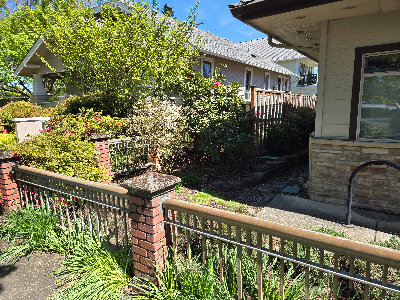otc
Stylish Dinosaur
- Joined
- Aug 15, 2008
- Messages
- 24,539
- Reaction score
- 19,196
I guess the overall point is why are successful people being penalized for being successful?
I suppose it is somewhat like the monopoly argument. It is 100% legal to have a monopoly over something. What is illegal is being a dick about it.
We're talking about a pretty regulated market here....one in which the existing stakeholders are acting out of self interest to increase their own value. Developers are ready and willing to step in and stabilize the real estate market...but the current residents (by way of zoning and other laws) aren't allowing that. Furthermore, they've got support from laws that prevent them from bearing the full cost of their actions. They can drive the price up as much as they want, because they don't get hurt by it. Then they can sell and leave town. The new person gets a high tax bill, which will lower the possible selling price a little bit...but that's certainly offset by the appreciation and tax savings that occurred during the time the owners were actively fighting new entrants.
If this were a much more open market with lower barriers to entry, I'd be inclined to agree with you. Sure, at first I bet the developers would put up a bunch of 1-2br condo towers to suck dollars out of the techies. But that would likely start to ease demand on the larger unit stock (that are currently being rented by non-family roommates because they can't afford to live in smaller units). And of course, if there's an affordable option, lots of those techies are going to eventually want to raise a family and have a bit more space...so the developers will go there too.

































